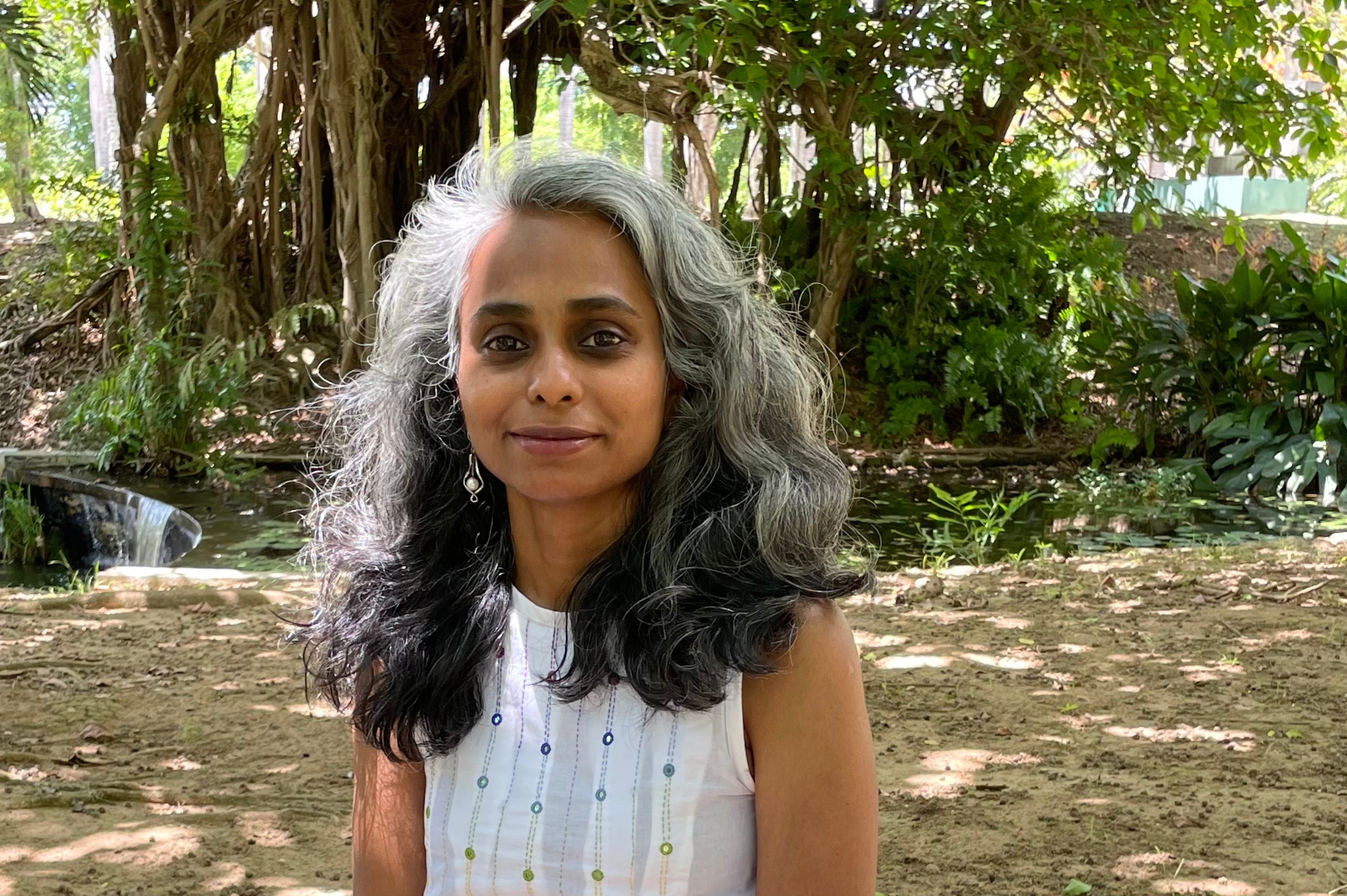Carmel Christy K J
Postdoctoral Research Associate, Gladstein Family Human Rights Institute
Carmel Christy K J joined the Human Rights Institute as a postdoctoral research associate in April 2023. Her research is at the crossroads of Gender Studies, Media Studies, and Urban Studies. She has published on the intersectionality of caste and gender in India, the interrelationship between land, caste and gender; caste bias in Indian higher educational institutions as well as on displacement, religion and urban space-making in India. Her book Sexuality and Public Space in India: Reading the Visible (2017) discusses the hyper-visibility of women’s sexuality in the 1990s Indian media through the lens of caste. She is working on her next monograph about urban space-making in postcolonial India with reference to the question of inequality, environment, protest movements, and spatial justice. Carmel has held the following visiting fellowships and positions: Knowledge Mobilisation Award (2022) and International Fellowship of the Urban Studies Foundation, Glasgow (2021); Postdoctoral Fellowship of Le Collège d’études mondiales-Fondation Maison des sciences de l’homme (CEM-FMSH), Paris (2019); Research Fellowship of The International Institute for Asian Studies, Leiden (2018-2019); Short-term Fellowship of The Charles Wallace Trust in London (2017); and Fulbright Postdoctoral Fellowship at the University of California, Santa Cruz (2015-2016). She also holds the position of Assistant Professor of Journalism at Kamala Nehru College, University of Delhi.

| carmel_christy.kattithara_joseph@uconn.edu | |
| Campus | Storrs |